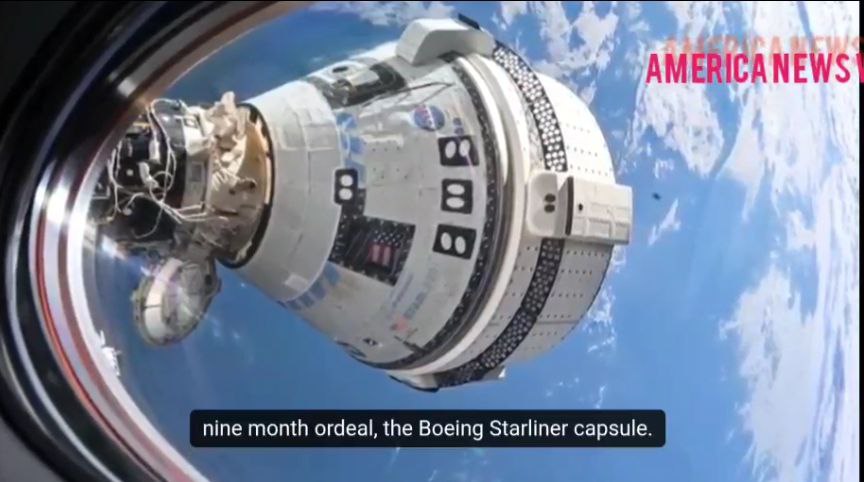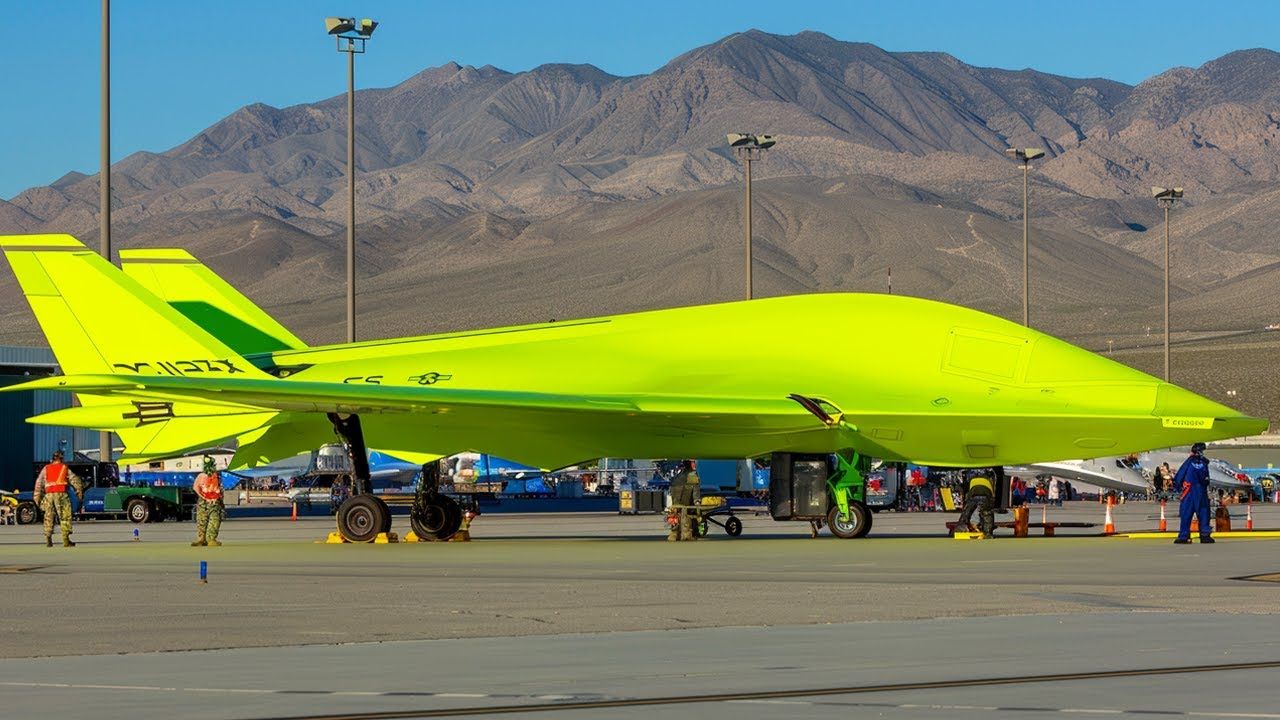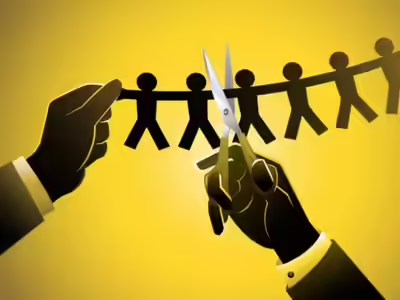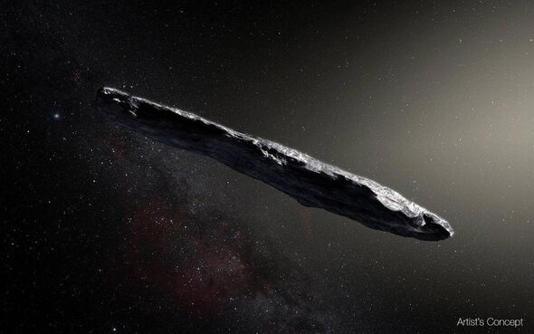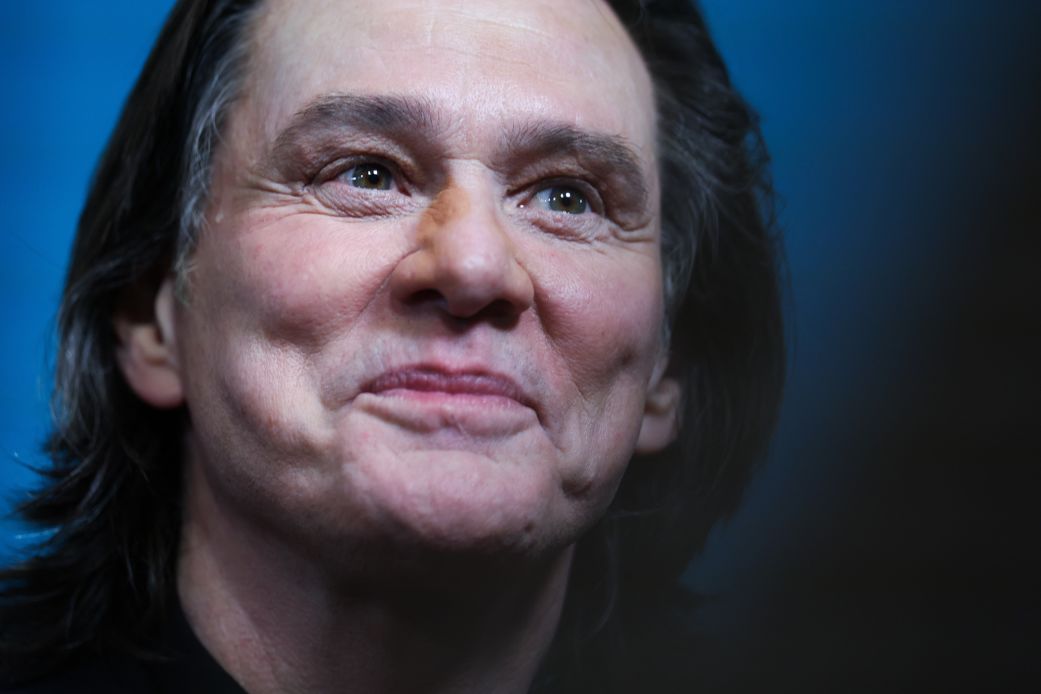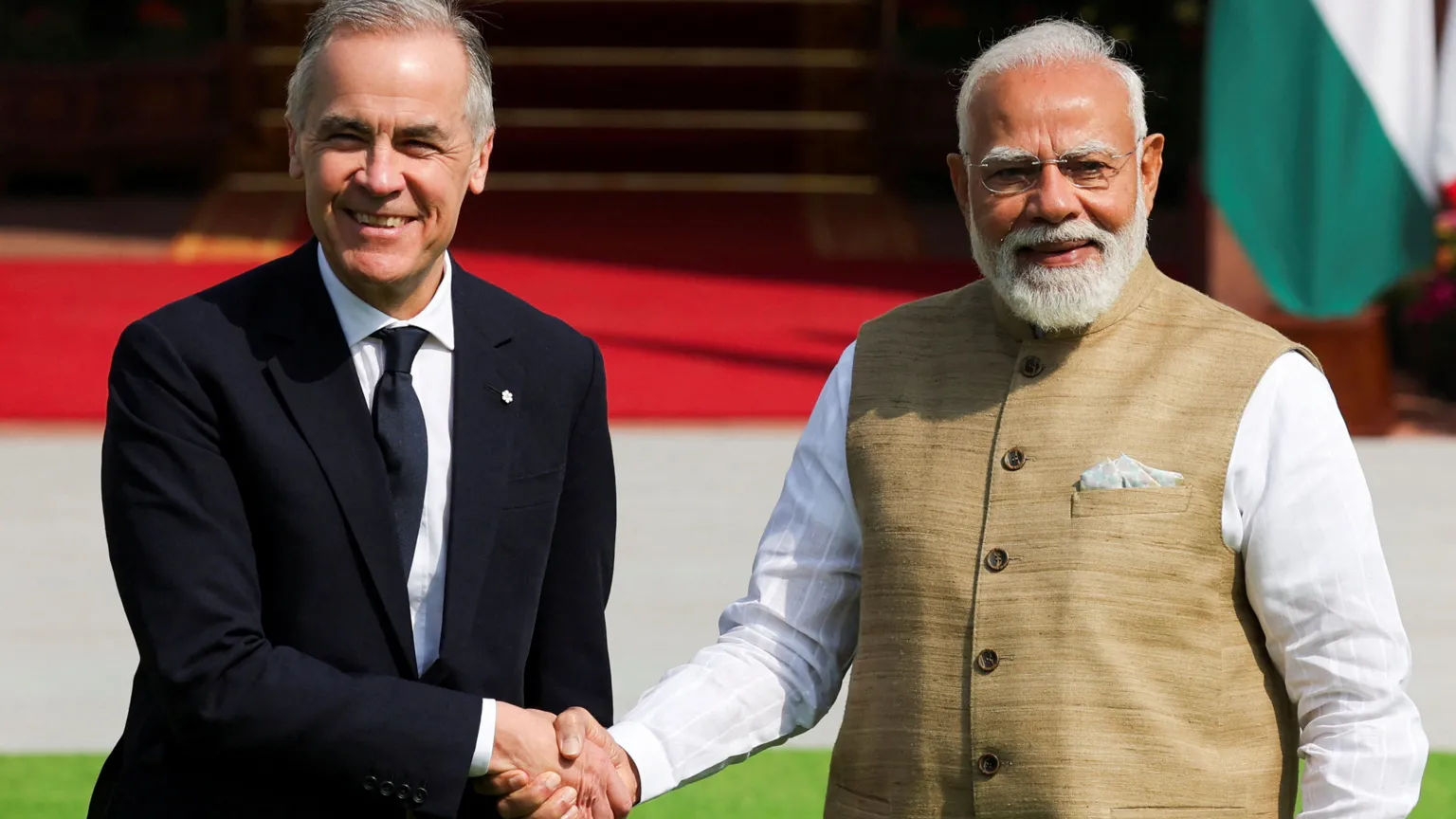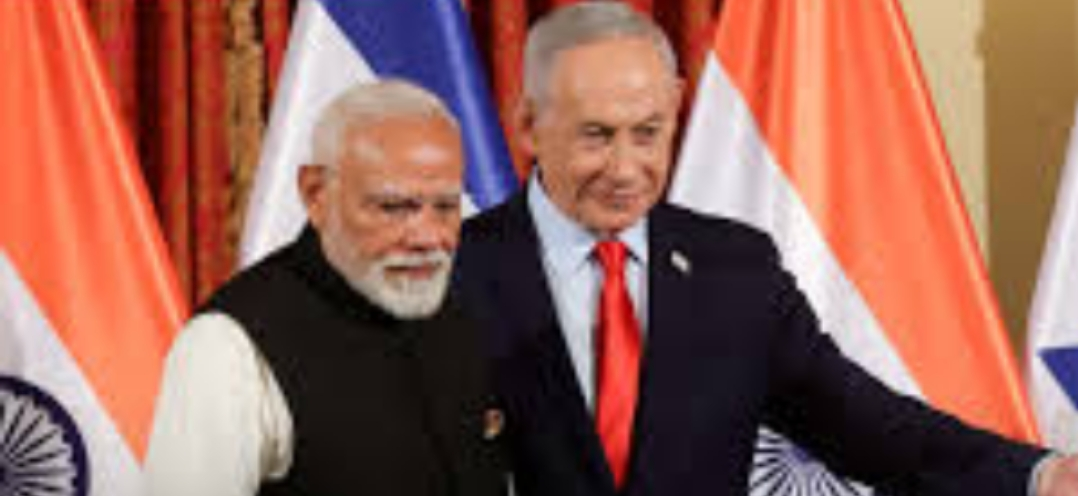By JOHN ZURCHER
Washington, DC – September 26, 2025
In a dramatic resolution to months of geopolitical tension, President Donald Trump signed an executive order on Thursday approving a landmark deal that hands majority control of TikTok’s U.S. operations to American investors, averting a nationwide ban on the popular short-video app. Trump revealed that Chinese President Xi Jinping personally “gave us the go-ahead” during recent talks, marking a rare diplomatic win amid escalating U.S.-China trade frictions.

Donald Trump approves TikTok deal ensuring the popular social media platform won’t be banned in the US.
The agreement, finalized after intense negotiations, restructures TikTok’s ownership to comply with a 2024 law signed by former President Joe Biden, which mandated ByteDance—the Beijing-based parent company—to divest its U.S. assets by early 2025 or face prohibition. Under the new framework, a consortium of U.S. investors will acquire a controlling stake in a restructured American entity valued at approximately $14 billion, according to Vice President JD Vance. ByteDance will retain less than 20% equity, with its sole board representative barred from security-related decisions.
Leading the investor group is Oracle, the enterprise software giant, which will oversee TikTok’s data security and cloud infrastructure—critical safeguards against concerns over potential Chinese government access to user information. Other key backers include private equity firm Silver Lake and Abu Dhabi-based MGX investment fund, collectively holding about 45% of the new joint venture. Reports also suggest involvement from Trump allies like Oracle co-founder Larry Ellison and Dell Technologies CEO Michael Dell, though details remain under wraps.
“This is interesting because I had a very good talk with President Xi—a lot of respect for him,” Trump said during the White House signing ceremony, flanked by tech executives and administration officials. “Hopefully, he has a lot of respect for me, too. We talked about TikTok, and he gave us the go-ahead. It’s run by American investors and American companies, great ones… including Larry Ellison and Oracle, which is going to play a very big role in terms of security, safety, and everything else.”
Vance echoed the sentiment, emphasizing the balance between innovation and national security. “We wanted to keep TikTok operating but address security concerns so that Americans can use TikTok with more confidence than they had in the past,” he told reporters. The vice president highlighted youth support for the app, noting that “young people really wanted this to happen.”
The deal’s path was anything but smooth. Trump repeatedly extended deadlines set by Congress, using executive orders to pause enforcement while his administration brokered talks with ByteDance. Beijing initially decried U.S. demands as “an act of robbery,” but softened its stance in recent weeks. Analysts speculate China extracted trade concessions—possibly on tariffs or technology exports—in exchange, paving the way for a potential Xi-Trump summit in South Korea next month to tackle broader issues like fentanyl flows and Russia’s Ukraine invasion.
White House officials confirmed that the U.S. will now control TikTok’s core algorithm, a proprietary technology long viewed as a national security risk due to its potential for manipulation. “Data for the U.S. JV will be managed by Oracle,” a senior aide said, underscoring the shift to American oversight.
TikTok’s cultural footprint in America is immense. A Pew Research Center survey released Thursday revealed that 43% of U.S. adults under 30 rely on the platform for news—surpassing YouTube, Facebook, and Instagram. With over 170 million American users, any shutdown could have reshaped online discourse, especially among Gen Z. The app’s fate had become a flashpoint in U.S.-China relations, blending tech rivalry with fears of foreign influence.
Critics, including some conservative lawmakers tied to Project 2025, argued for full divestment, warning the partial ByteDance stake leaves a “backdoor” for espionage. “Anything short of total separation is a compromise with Beijing,” one GOP senator tweeted post-announcement. Privacy advocates also raised eyebrows, questioning whether Oracle’s involvement—amid its own government contracts—truly insulates user data.
Supporters hailed it as pragmatic diplomacy. “This preserves a vital platform for free expression while protecting our interests,” said Sen. Marco Rubio (R-FL), a longtime China hawk who helped craft the divestiture law. Tech industry leaders breathed a sigh of relief, with shares in Oracle and Dell ticking up 2-3% in after-hours trading.
As implementation unfolds, questions linger: Will the deal face legal challenges? How will ByteDance’s minority role affect content moderation? And could this thaw signal progress on thornier issues like semiconductor curbs?
For now, TikTok lives on—in American hands. “The young people really wanted this,” Trump reiterated, grinning at the cameras. In an era of digital cold wars, it’s a reminder that even viral dances can dance to the tune of high-stakes statecraft.
Discover more from AMERICA NEWS WORLD
Subscribe to get the latest posts sent to your email.
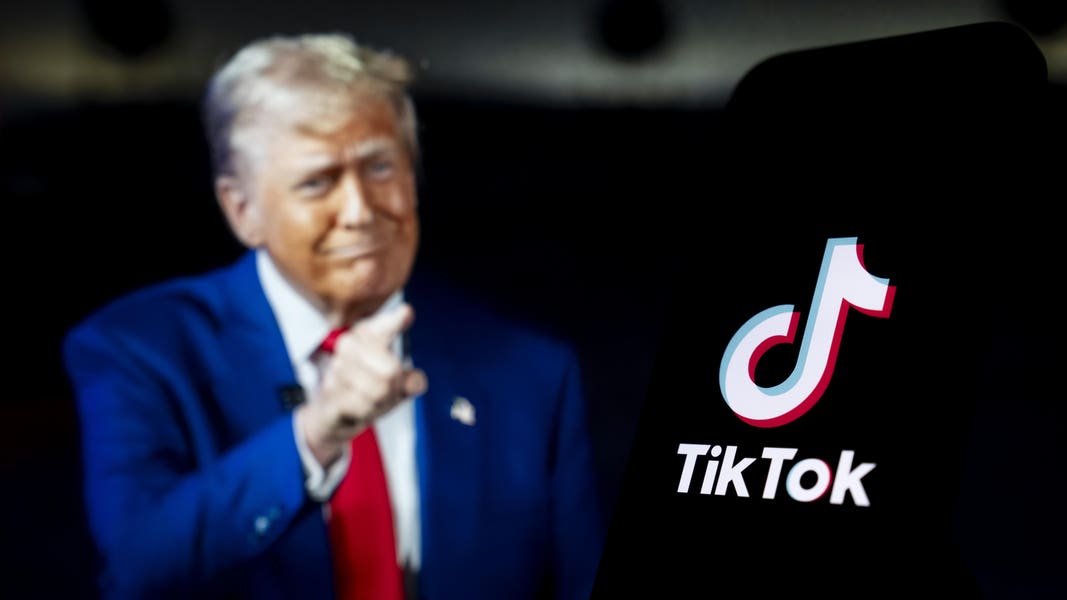


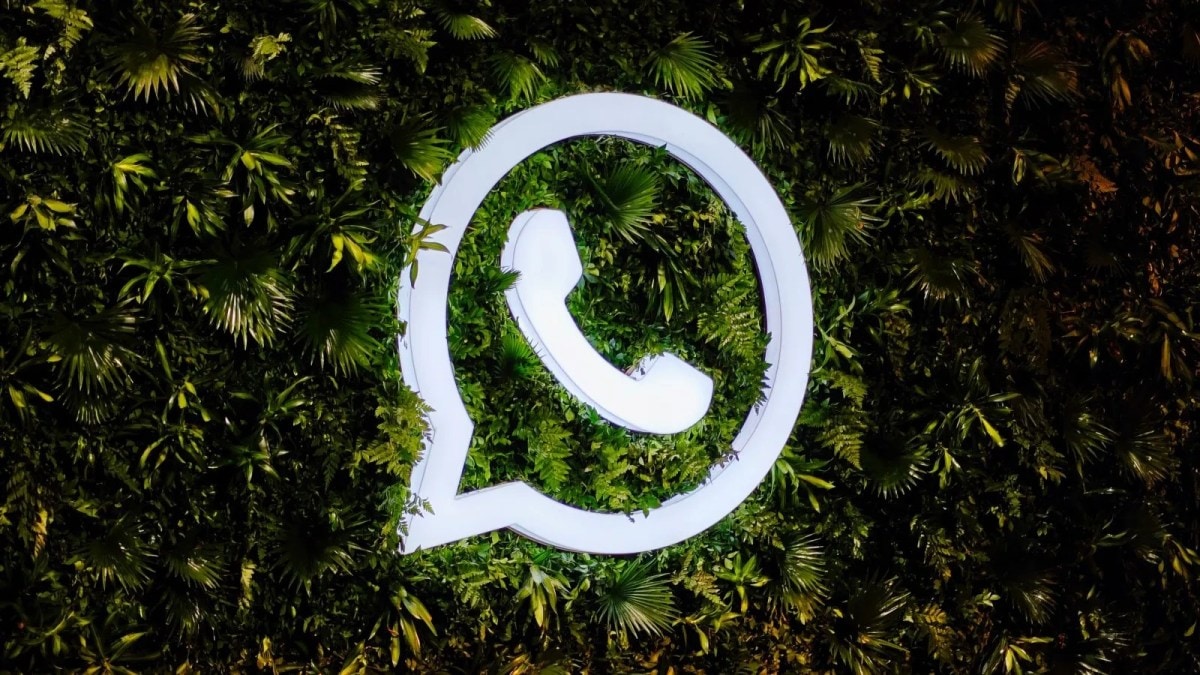
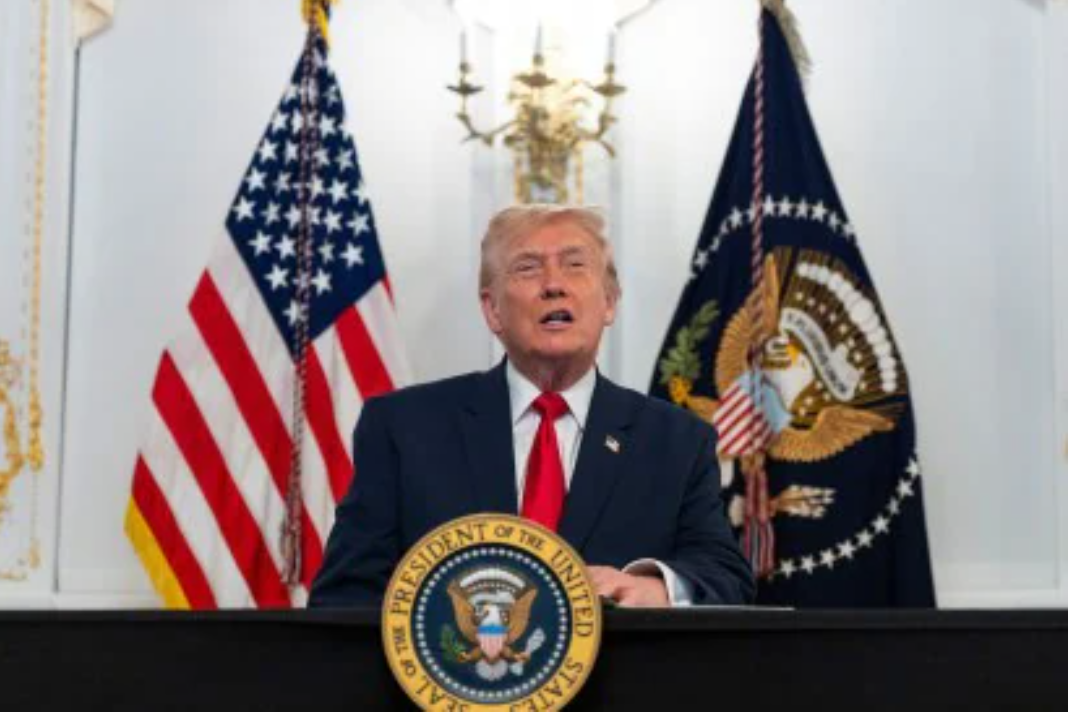
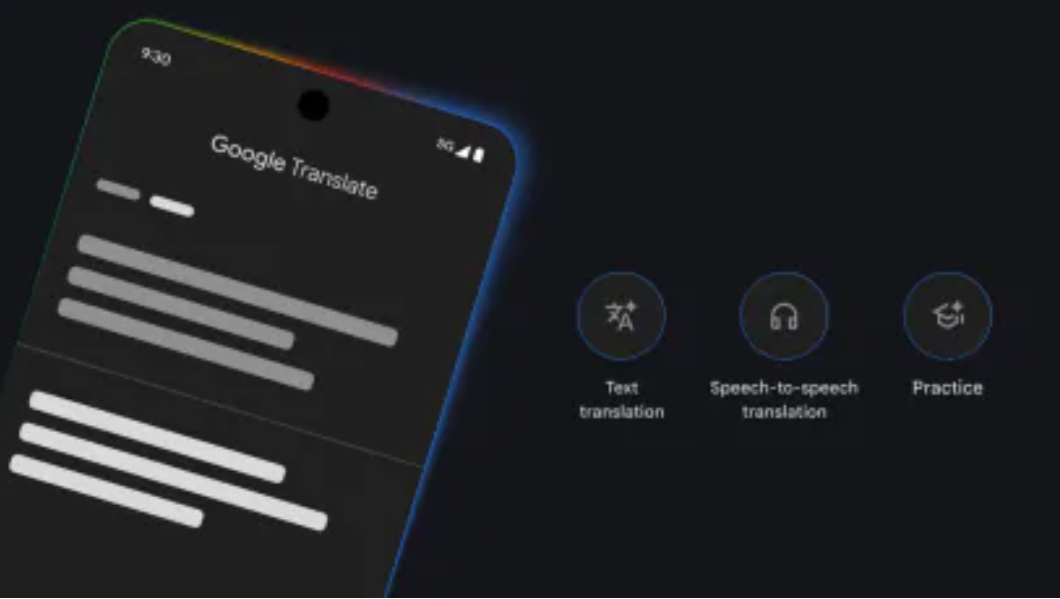
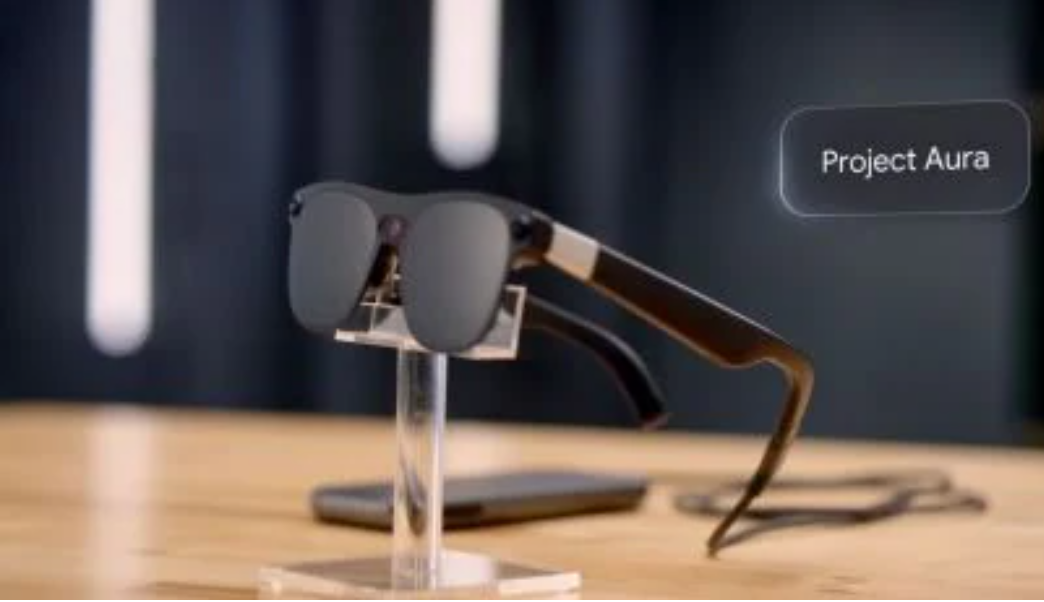
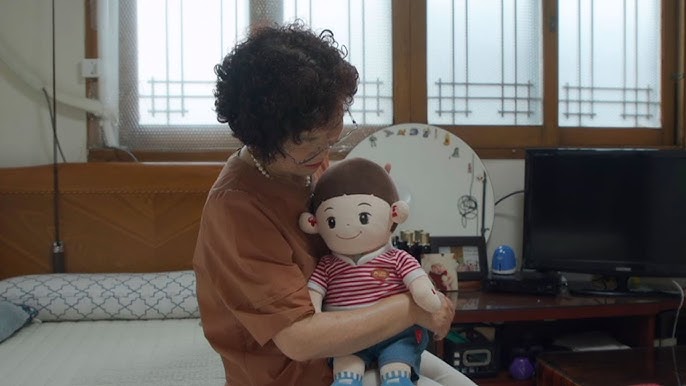
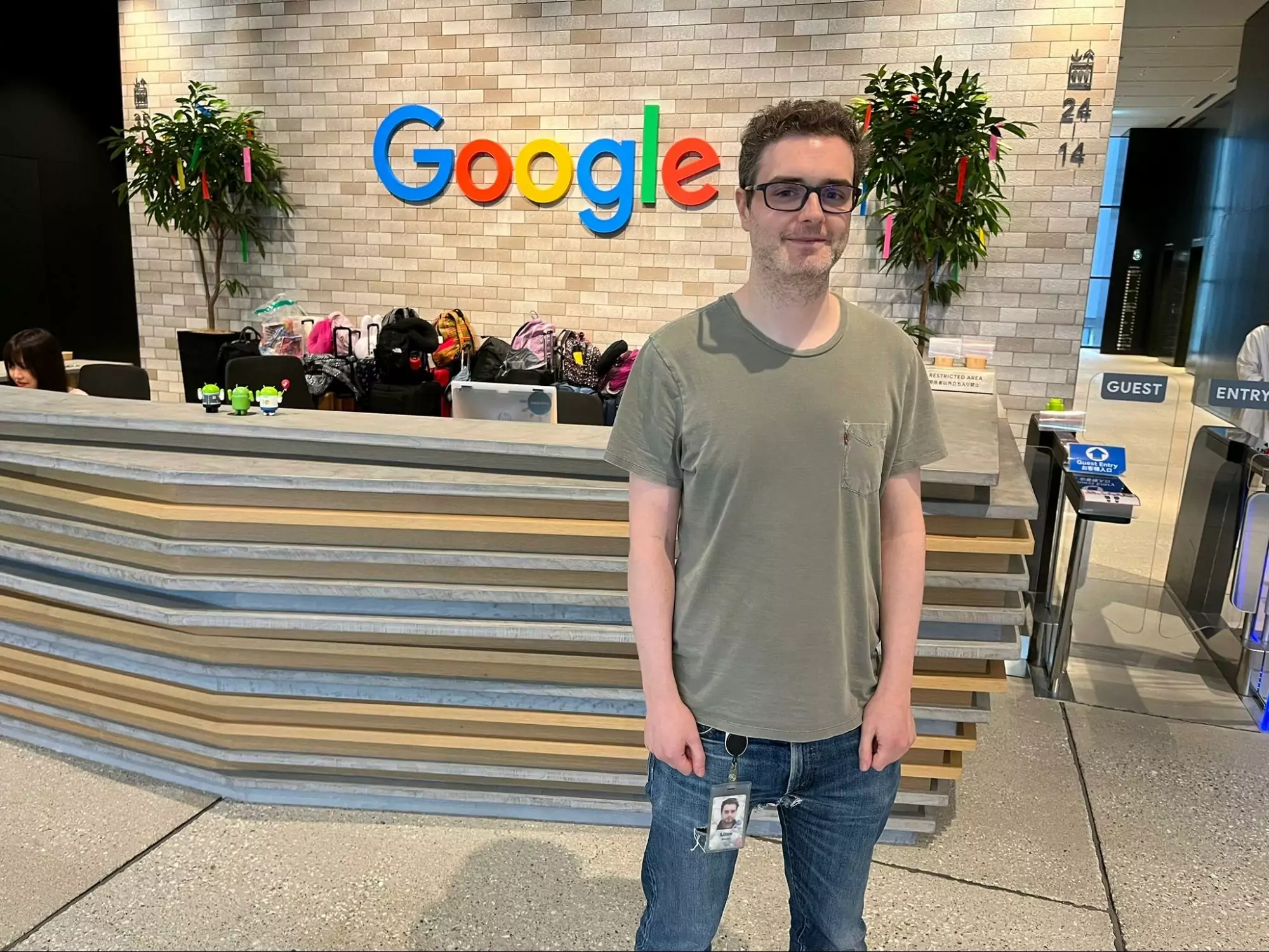
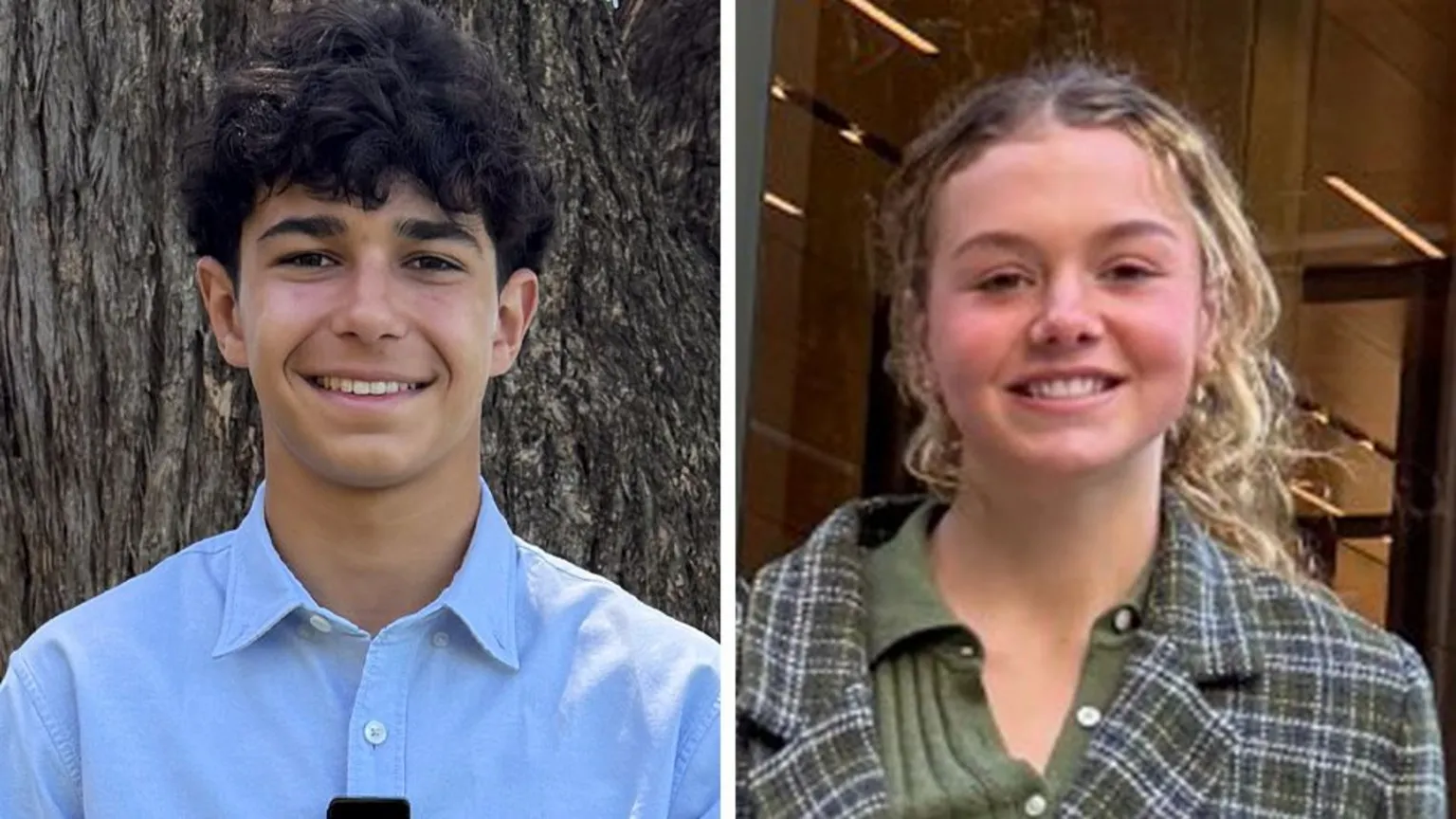
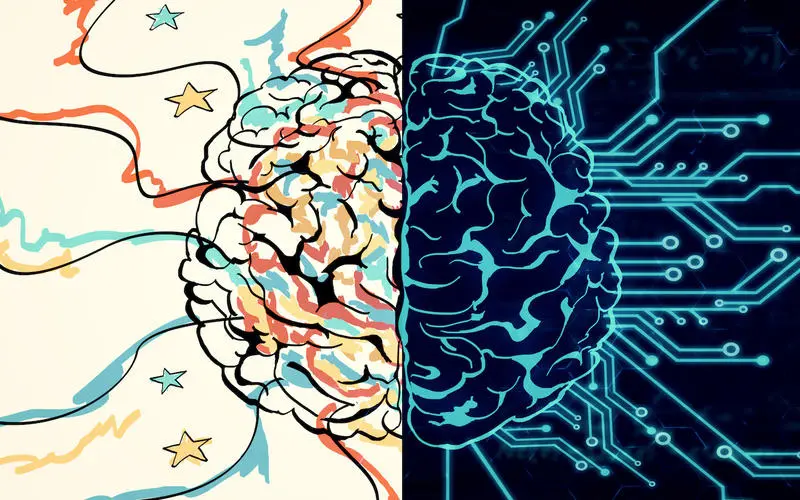
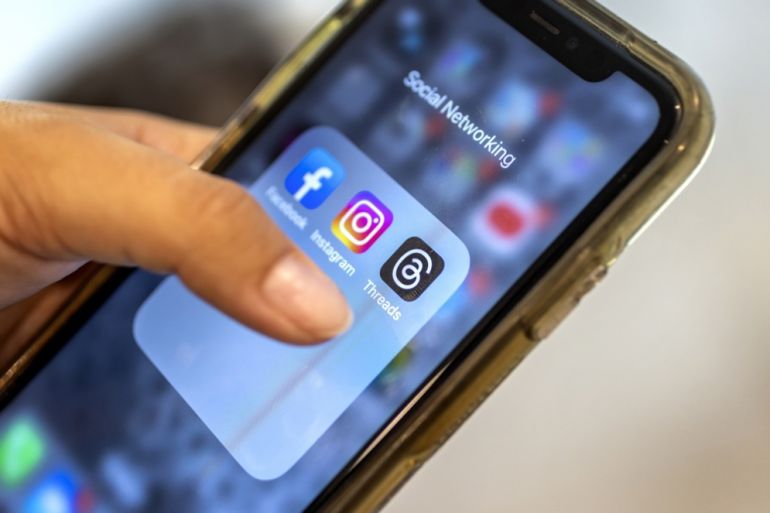
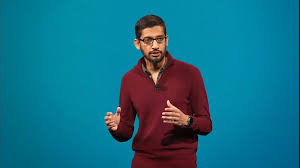
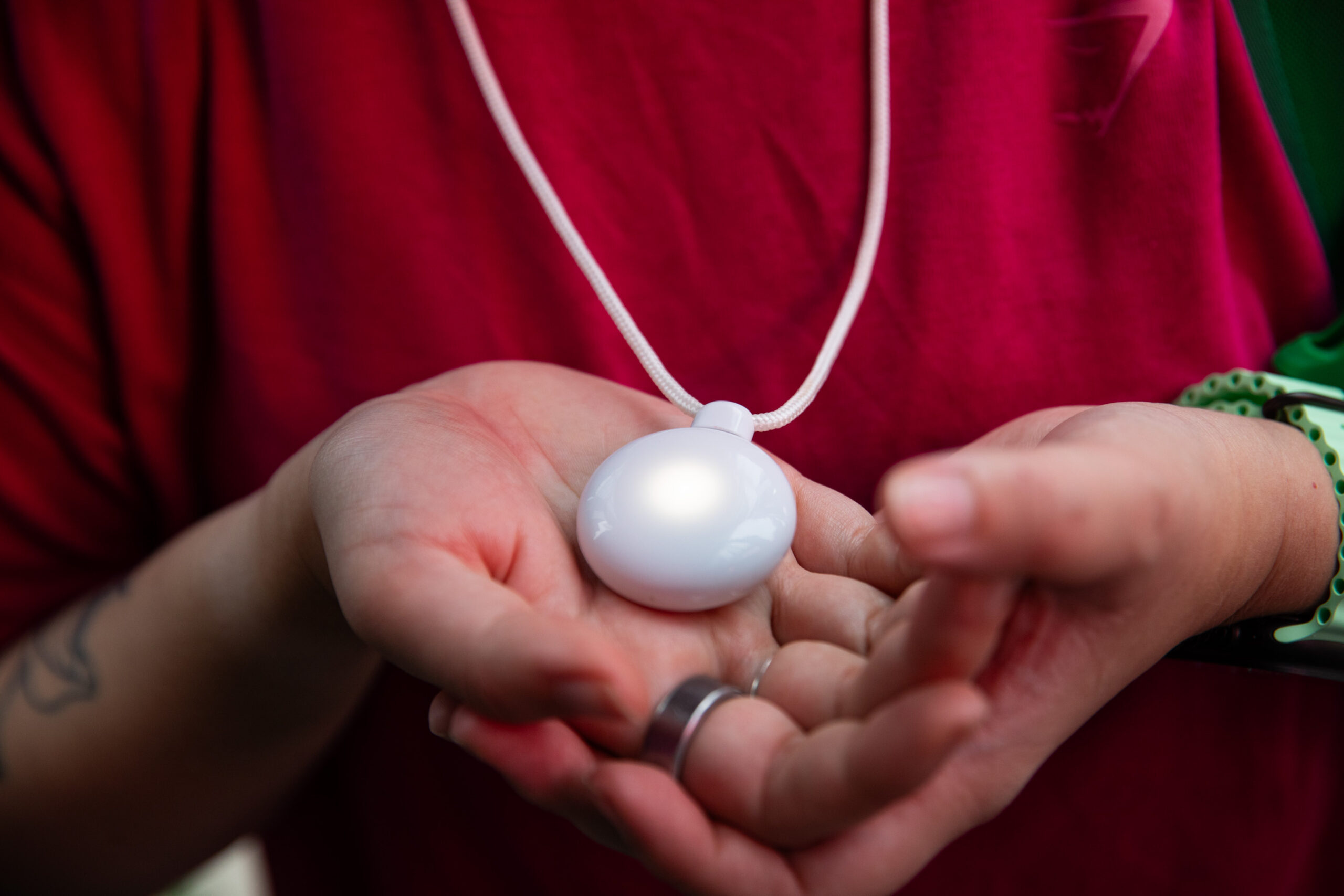
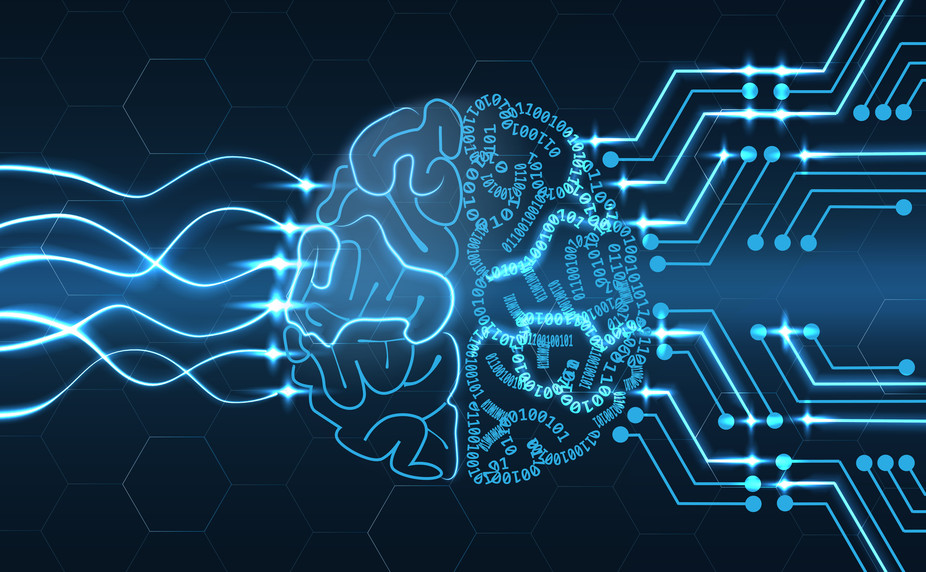
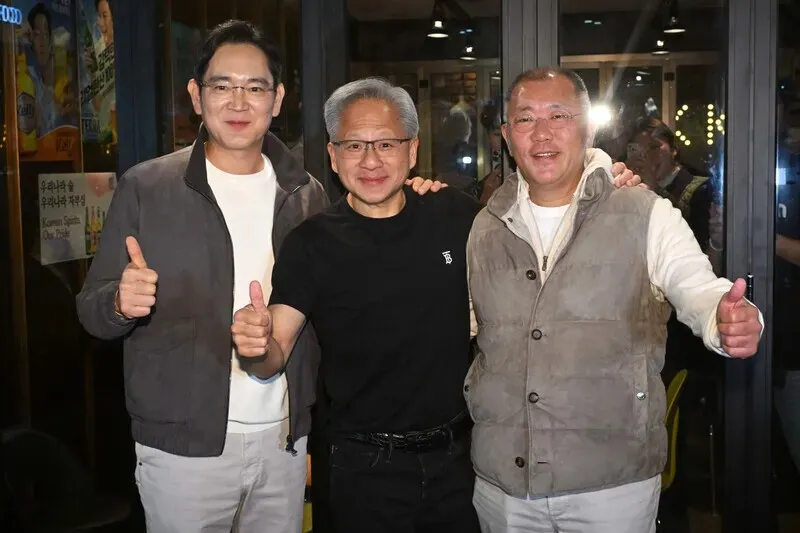
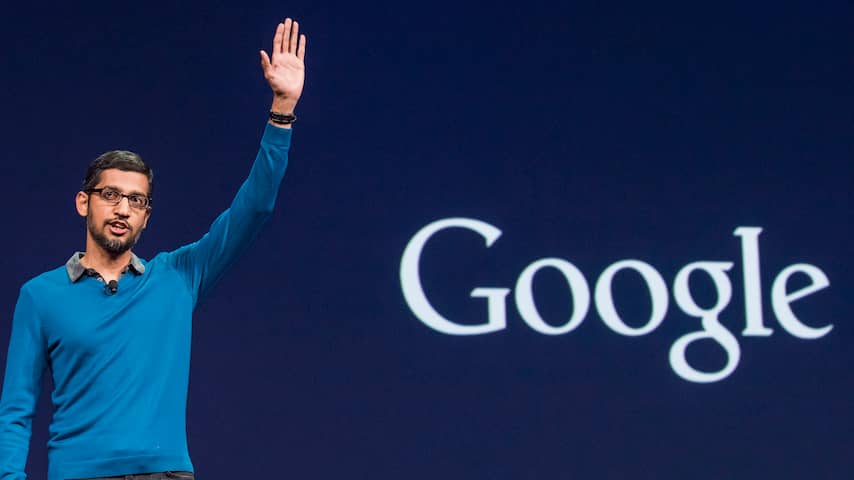

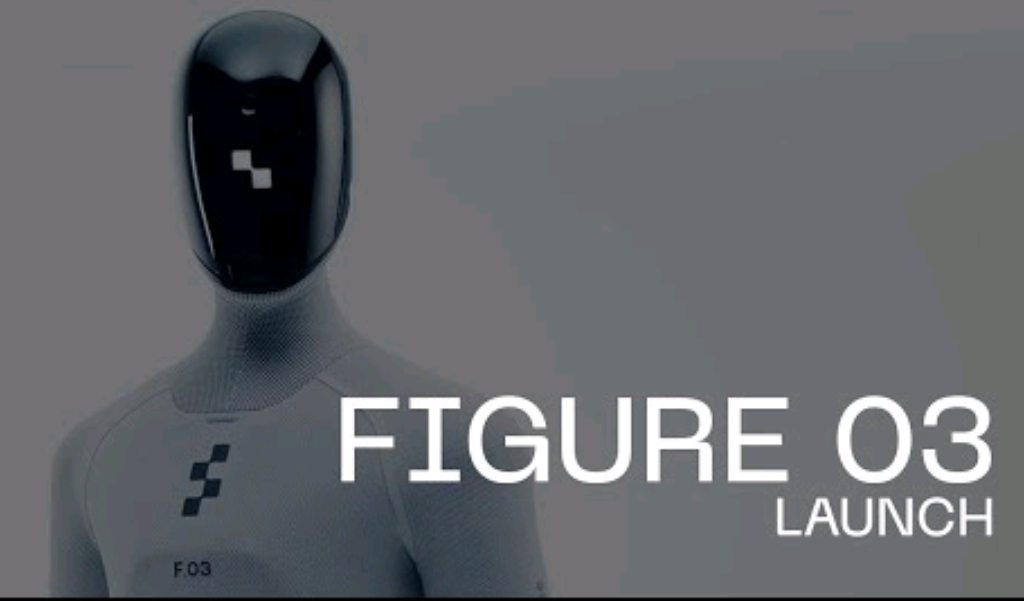
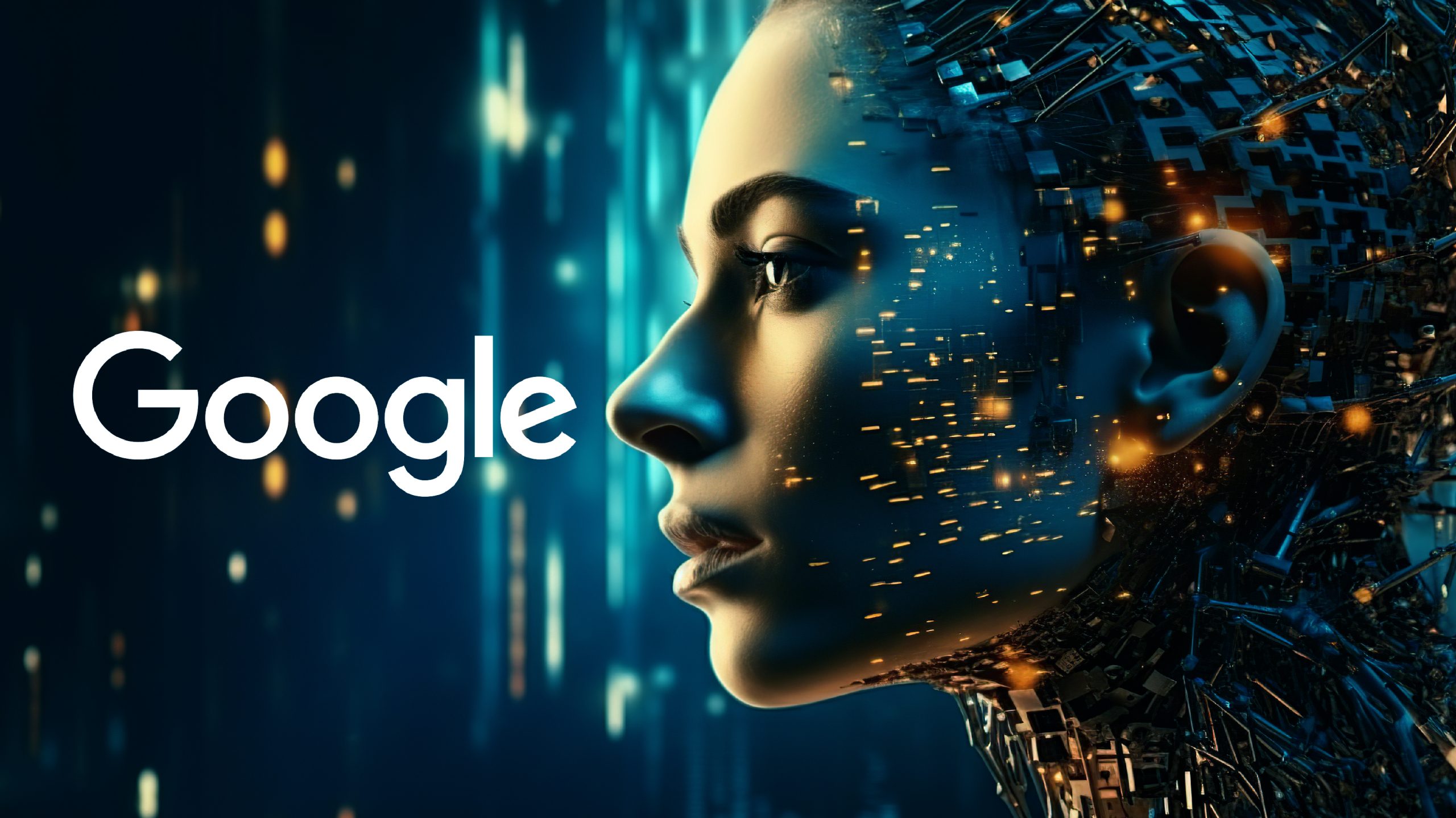
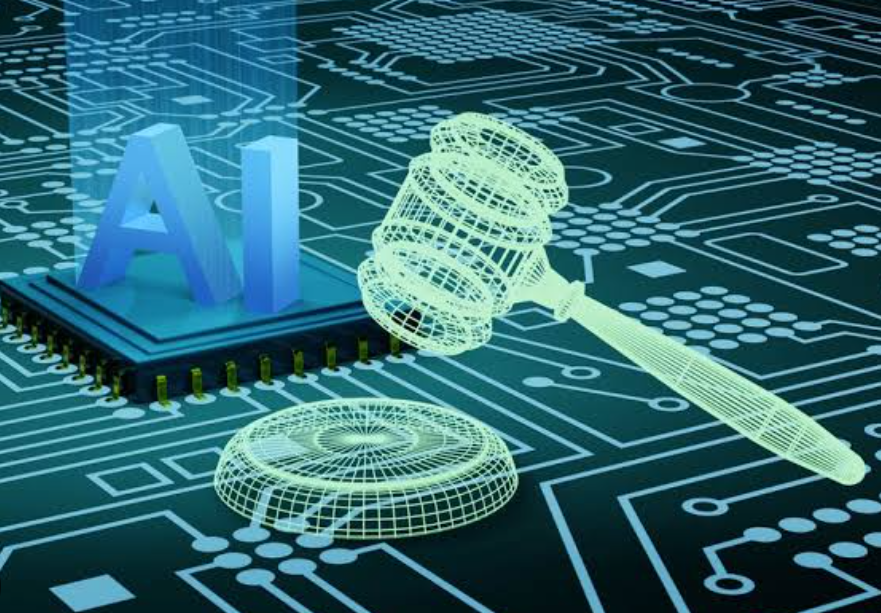
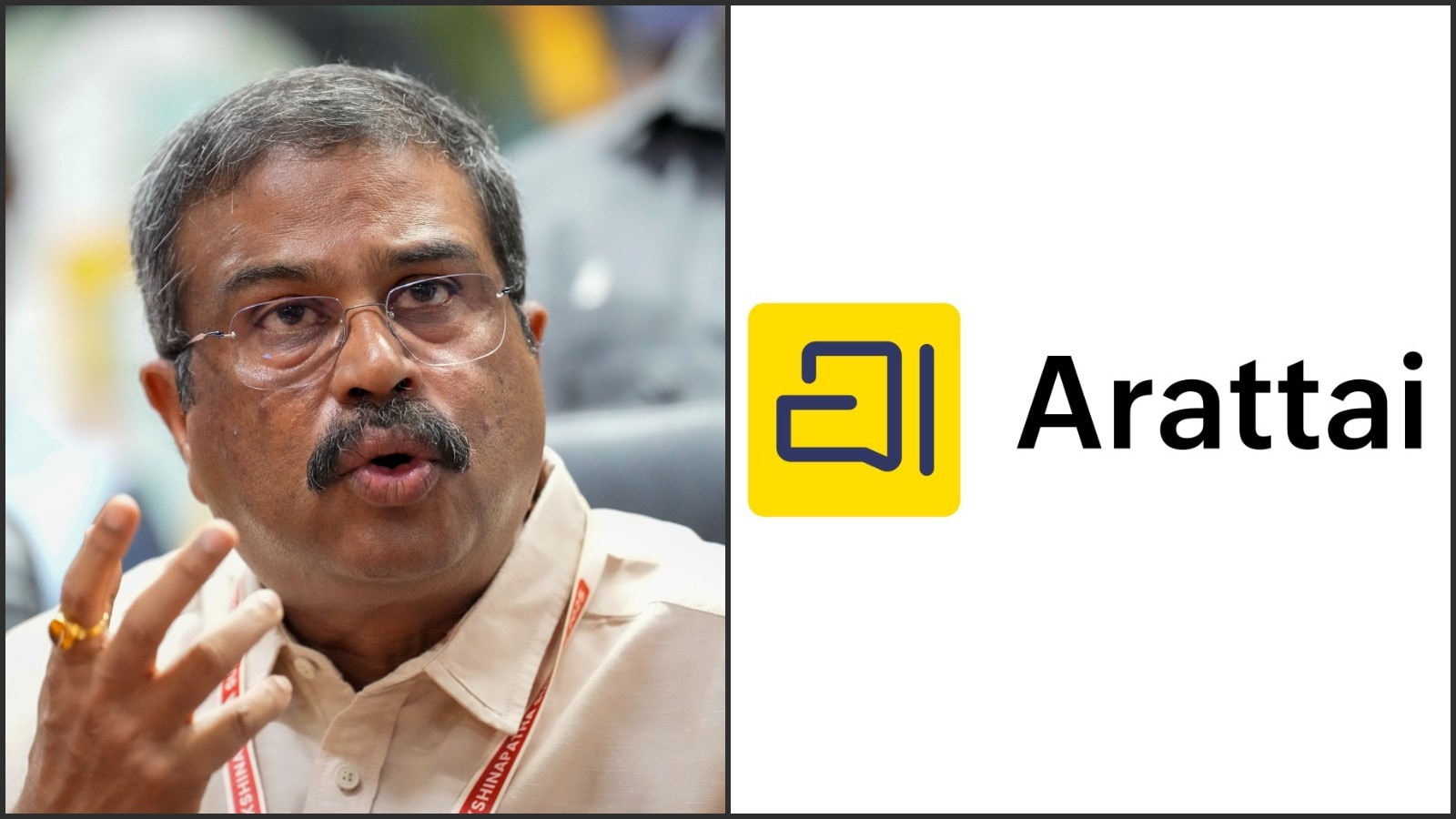
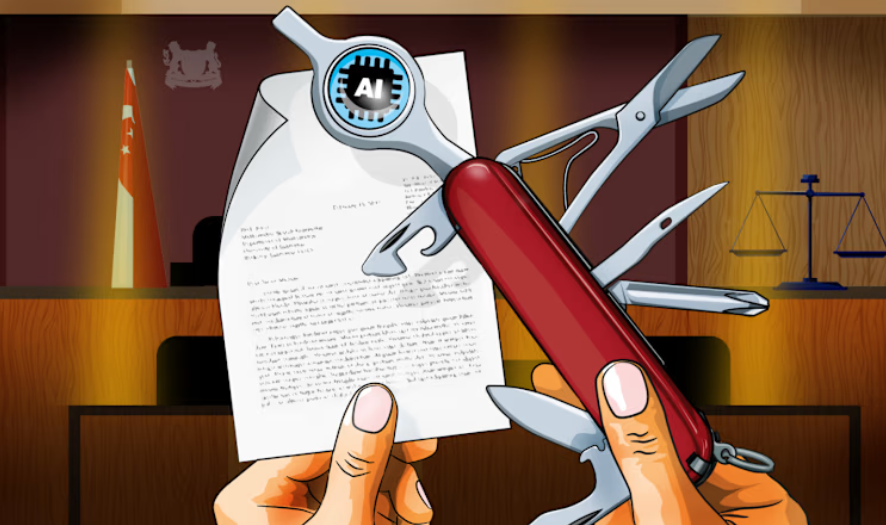

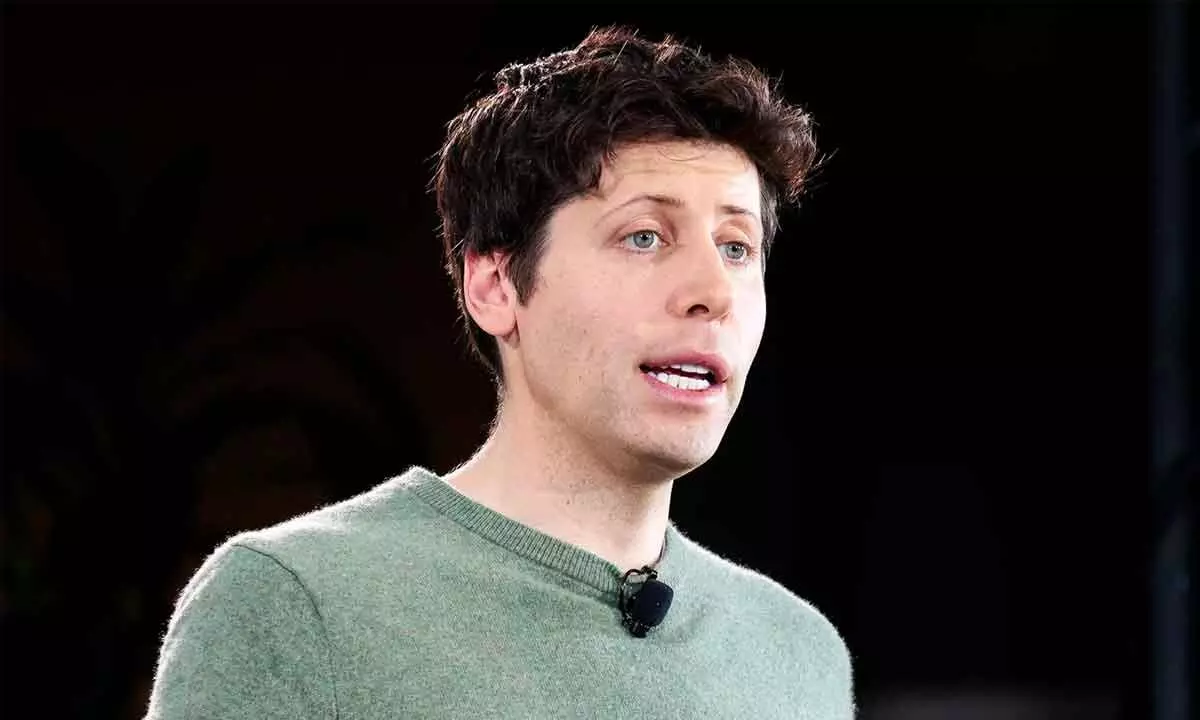
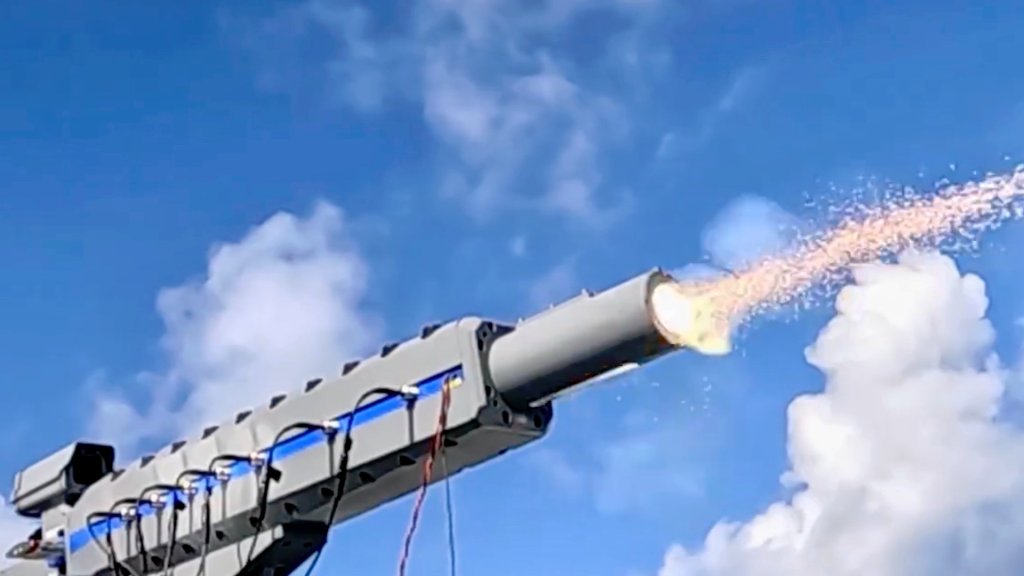
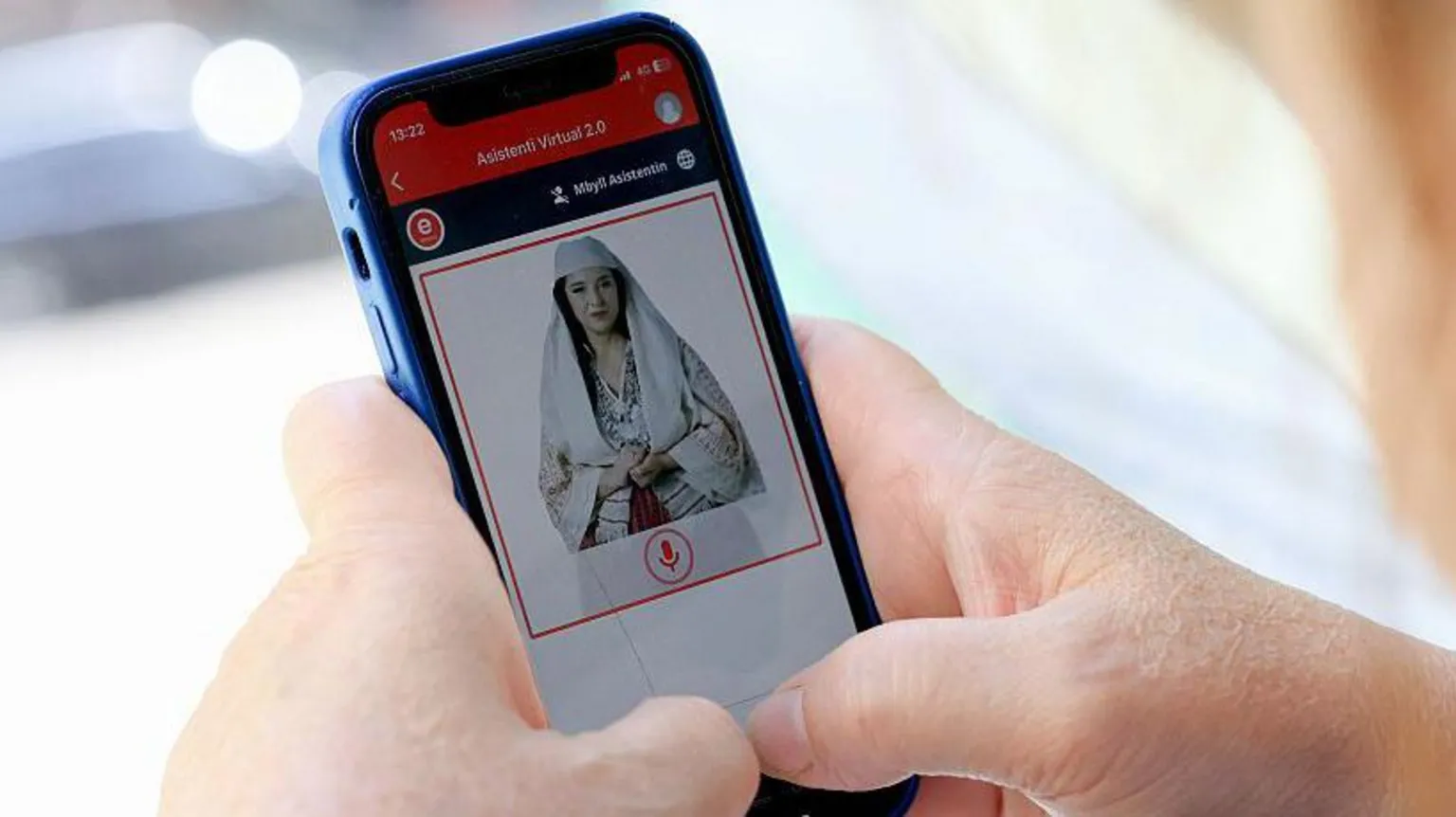

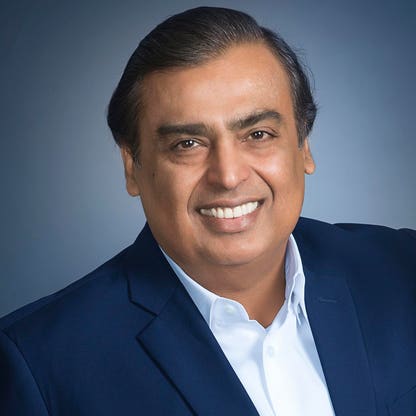
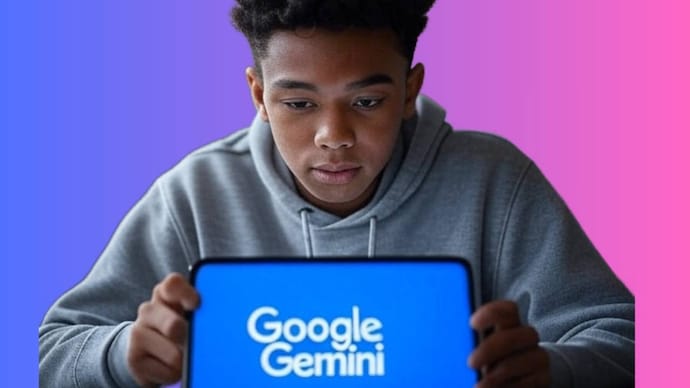
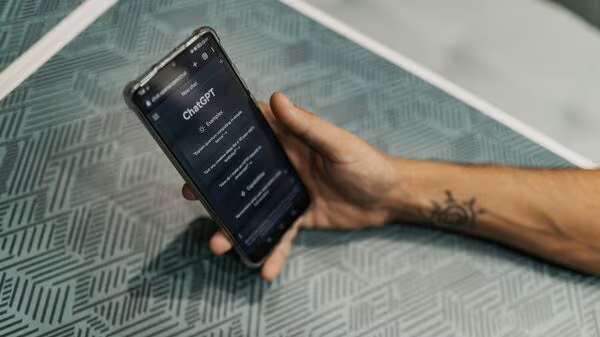
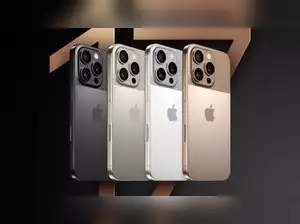
**, we dive into why your electric bill is climbing and what can be done. ### Why Are Electricity Prices Rising? Electricity costs are soaring across the United States. According to the U.S. Energy Information Administration (EIA), household electricity prices are expected to jump 13% from 2022 to 2025. In some states, the increase is even steeper. For instance, Maine saw a 36.3% spike, while Connecticut faced an 18.4% rise between May 2024 and May 2025. Nationwide, the average household paid 17.47 cents per kilowatt-hour in May 2025, up from 16.41 cents a year earlier—a 6.5% increase. So, what’s driving these hikes? First, there’s a massive surge in electricity demand. More people are using air conditioners during hotter summers. Electric vehicles and heat pumps are also becoming popular. However, the biggest culprit is the rapid growth of AI-powered data centers. These facilities, run by tech giants like Amazon, Google, and Microsoft, use as much electricity as small cities. A single AI search, like one on ChatGPT, consumes 10 times more power than a regular Google search. Additionally, natural gas prices, a key fuel for power plants, have climbed. The aging US power grid also struggles to keep up. Many transmission lines and power plants date back to the post-World War II era. As a result, utilities are spending billions to upgrade infrastructure, and those costs are passed on to consumers. > **Data Highlight: Electricity Price Trends (2022-2025)** > Source: U.S. Energy Information Administration > - **2022**: 14.96 cents per kWh > - **2023**: 15.87 cents per kWh > - **2024**: 16.41 cents per kWh > - **2025 (May)**: 17.47 cents per kWh > *Note*: Some states like Maine (+36.3%) and Connecticut (+18.4%) saw sharper increases. ```chartjs { "type": "line", "data": { "labels": ["2022", "2023", "2024", "2025 (May)"], "datasets": [{ "label": "Average US Electricity Price (cents per kWh)", "data": [14.96, 15.87, 16.41, 17.47], "borderColor": "#007bff", "backgroundColor": "rgba(0, 123, 255, 0.2)", "fill": true }] }, "options": { "responsive": true, "maintainAspectRatio": false, "scales": { "y": { "beginAtZero": false, "title": { "display": true, "text": "Price (cents per kWh)" } }, "x": { "title": { "display": true, "text": "Year" } } } } } ``` ### The AI Power Problem The AI boom is transforming how we live, work, and search online. But it comes at a cost. Data centers that power AI tools are sprouting up fast. Between 2021 and 2024, the number of US data centers doubled. By 2030, they could consume 5% to 9% of the nation’s electricity, according to the Electric Power Research Institute. This is a big jump from just 4% in 2022. For example, PJM Interconnection, which serves 67 million people across 13 states, reported a massive spike in demand. In 2024, its capacity auction prices jumped 833%, with data centers driving nearly 70% of the increase. This led to higher bills for households in states like Pennsylvania, New Jersey, and Ohio. In Columbus, Ohio, typical electric bills rose by $27 a month in 2025. Moreover, AI tasks are energy hogs. Generating a single high-definition AI image uses as much power as charging a smartphone halfway. As more people use AI for work or fun, the strain on the grid grows. Tech companies are racing to build bigger data centers, but the power supply isn’t keeping up. This mismatch is pushing prices higher. > **Image**: An Amazon Web Services data center in Boardman, Oregon, August 2024. (Source: Jenny Kane/AP) > *Caption*: Data centers like this one are driving up electricity demand across the US. ### Other Factors Behind the Price Surge While AI is a major player, it’s not the only reason for rising bills. Natural gas prices have spiked, making it more expensive to generate electricity. Also, the US power grid is old and needs upgrades. The Department of Energy says 70% of transmission lines are nearing the end of their lifespan. Replacing them costs billions, and consumers foot the bill. Extreme weather is another issue. Heat waves and storms are more frequent, forcing utilities to repair or harden the grid. In California, utilities spent $27 billion from 2019 to 2023 on wildfire prevention and insurance. These costs trickle down to customers. Meanwhile, some states are phasing out coal plants, but new renewable energy projects face delays due to permitting issues. For more insights on how energy costs affect households, check out **[AMERICA NEWS WORLD (ANW)](https://america112.com/)** for the latest updates. ### Solutions to Ease the Burden Thankfully, there are ways to tackle rising electricity costs. First, experts suggest speeding up the permitting process for new power plants, especially solar and wind. The International Energy Agency (IEA) predicts that solar and wind could add 110 terawatt-hours of power for data centers by 2030. Streamlining permits could bring these projects online faster. Next, tech companies are stepping up. Google recently signed deals to reduce AI data center power use during peak grid times. Amazon is investing in small modular nuclear reactors to power its operations cleanly. These efforts could lower costs and emissions in the long run. Additionally, hardening the grid can help. In Florida, utilities are using concrete poles and advanced tech to make power lines hurricane-proof. In California, moving lines underground reduces wildfire risks. These upgrades cost money upfront but save on repairs later. Finally, power purchase agreements (PPAs) let data centers buy renewable energy directly. This reduces reliance on fossil fuels and keeps costs down for consumers. Co-locating data centers with solar or wind farms is another smart move. For more on clean energy solutions, visit **[AMERICA NEWS WORLD (ANW)](https://america112.com/)**. > **Data Highlight: Projected Data Center Power Demand** > Source: Electric Power Research Institute > - **2022**: 4% of US electricity consumption > - **2030 (Projected)**: 5% to 9% of US electricity consumption > - **Growth**: Data center energy use could double by 2030. ```chartjs { "type": "bar", "data": { "labels": ["2022", "2030 (Projected)"], "datasets": [{ "label": "Data Center Electricity Consumption (% of US Total)", "data": [4, 7], "backgroundColor": ["#28a745", "#dc3545"], "borderColor": ["#28a745", "#dc3545"], "borderWidth": 1 }] }, "options": { "responsive": true, "maintainAspectRatio": false, "scales": { "y": { "beginAtZero": true, "title": { "display": true, "text": "% of US Electricity" } }, "x": { "title": { "display": true, "text": "Year" } } } } } ``` ### What’s Next for Consumers? Electricity prices may keep rising if demand outpaces supply. The White House warns that AI data centers could push prices up 9-58% by 2030 without new investments. The US needs $1.4 trillion by 2030 to meet growing power needs, according to the White House Council of Economic Advisors. This includes building new power plants and transmission lines. However, not all hope is lost. Renewable energy is getting cheaper. Solar and wind projects are expanding, and nuclear power is making a comeback. For example, Microsoft is reviving Pennsylvania’s Three Mile Island nuclear plant to power its AI tools. These efforts could stabilize prices over time. Consumers can also take action. Using energy-efficient appliances, sealing home leaks, and switching to LED lights can lower bills. ### Global Impact and Local Action The AI-driven power surge isn’t just a US problem—it’s global. Data centers worldwide could consume 3-4% of global power by 2030, up from 1-2% today, according to Goldman Sachs. In Europe, countries like Ireland and Germany are seeing similar price hikes. In Asia, Malaysia’s data centers could account for one-fifth of power demand growth. Locally, communities near data centers face challenges. Noise, water use, and power outages are common complaints. Some states, like Pennsylvania, are pushing back. Governor Josh Shapiro has threatened to pull the state from PJM if costs don’t drop. For more on local energy issues, ### Looking Ahead The AI revolution is exciting, but it’s putting pressure on power grids and wallets. While tech companies and utilities work on solutions, consumers are stuck with higher bills. By investing in clean energy, upgrading grids, and managing demand, the US can balance innovation with affordability. Stay informed with **[AMERICA NEWS WORLD (ANW)](https://america112.com/)** for the latest energy news. For a deeper dive into how AI is reshaping the energy landscape, check out this [CBS News article](https://www.cbsnews.com/news/ai-data-centers-electricity-demand-power-grid-us/) on the growing strain on US power grids.](https://america112.com/wp-content/uploads/2025/08/1198006_3_0818-NPRICES-lines-lede.jpg_standard-1.jpg)
